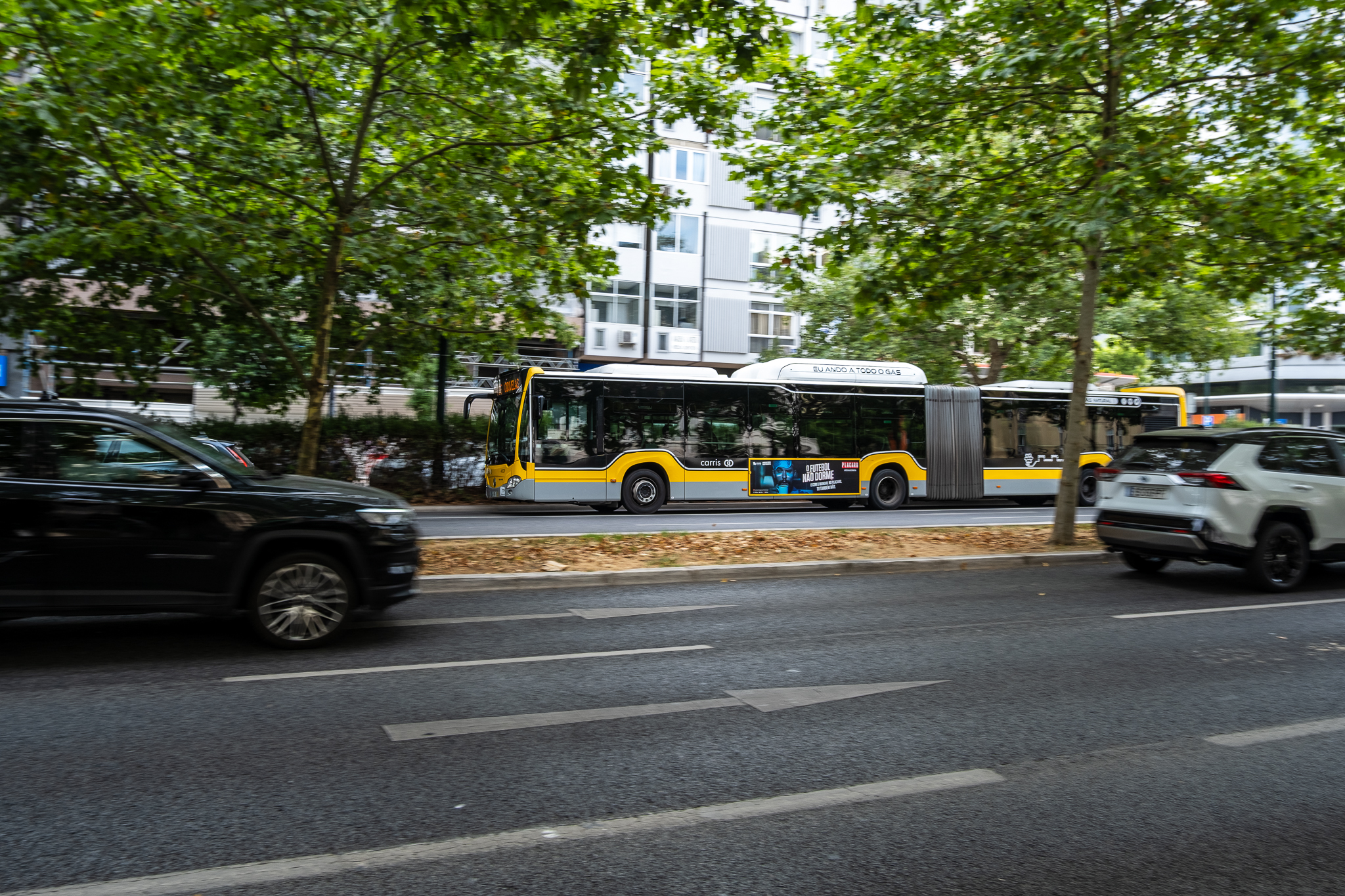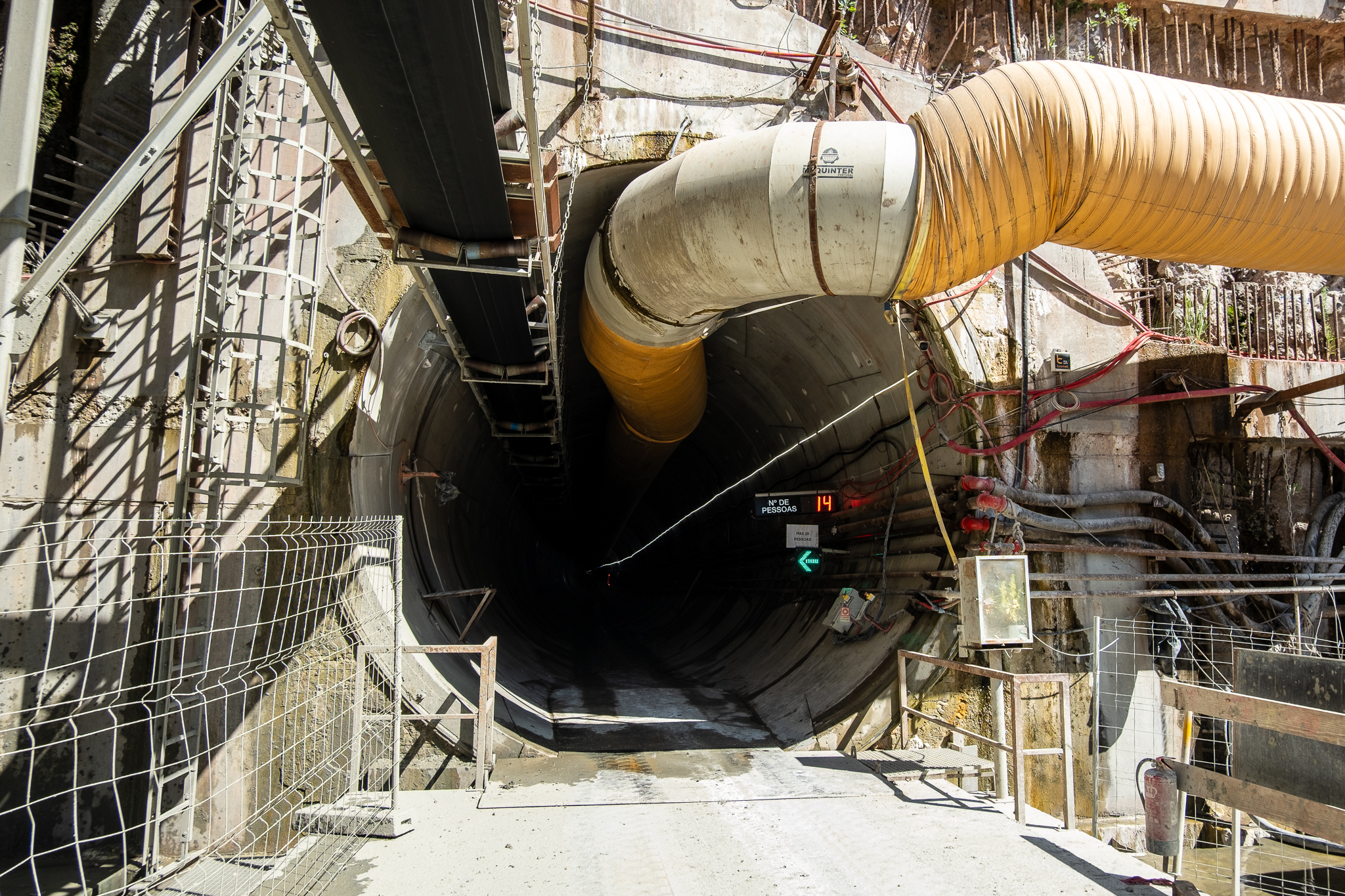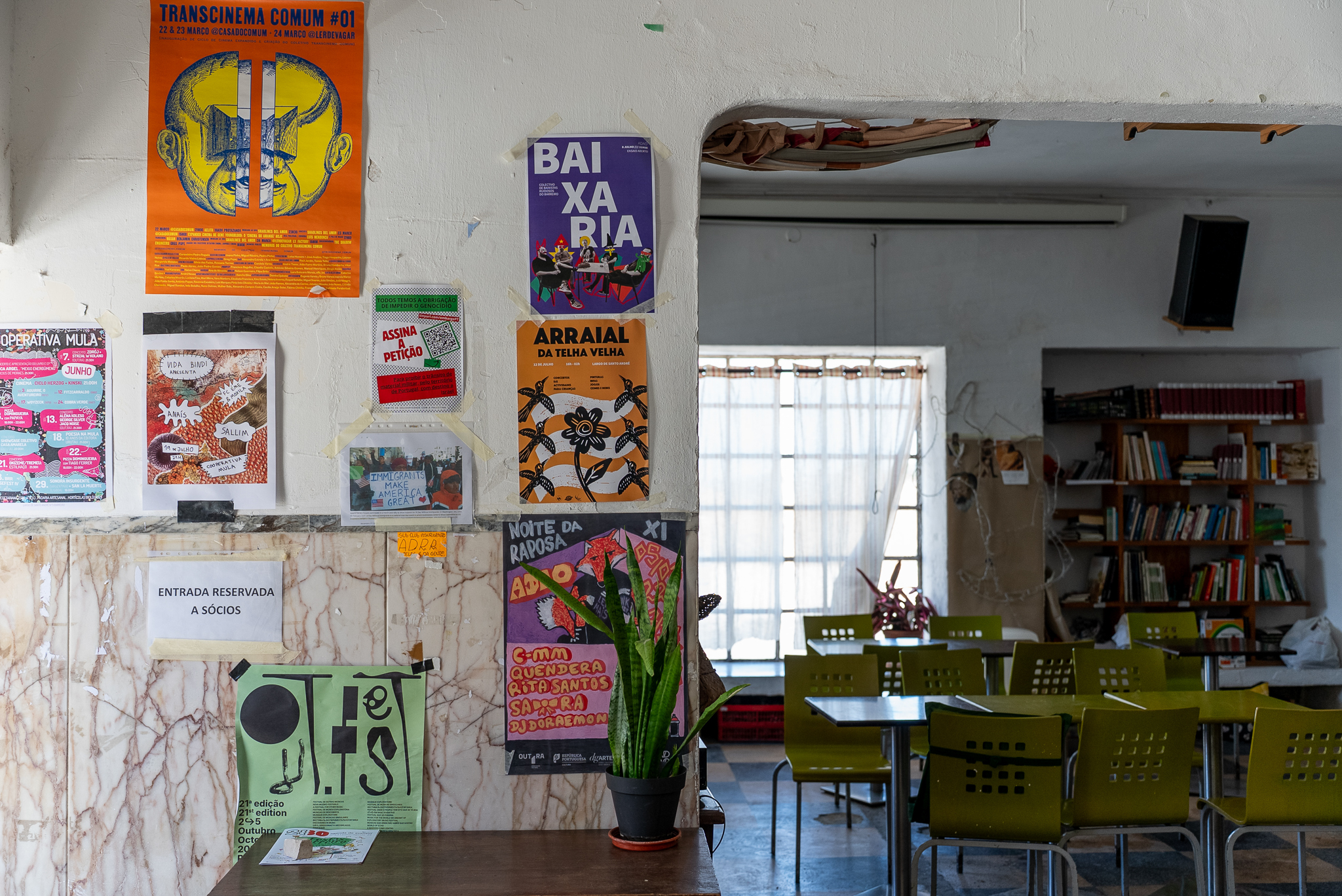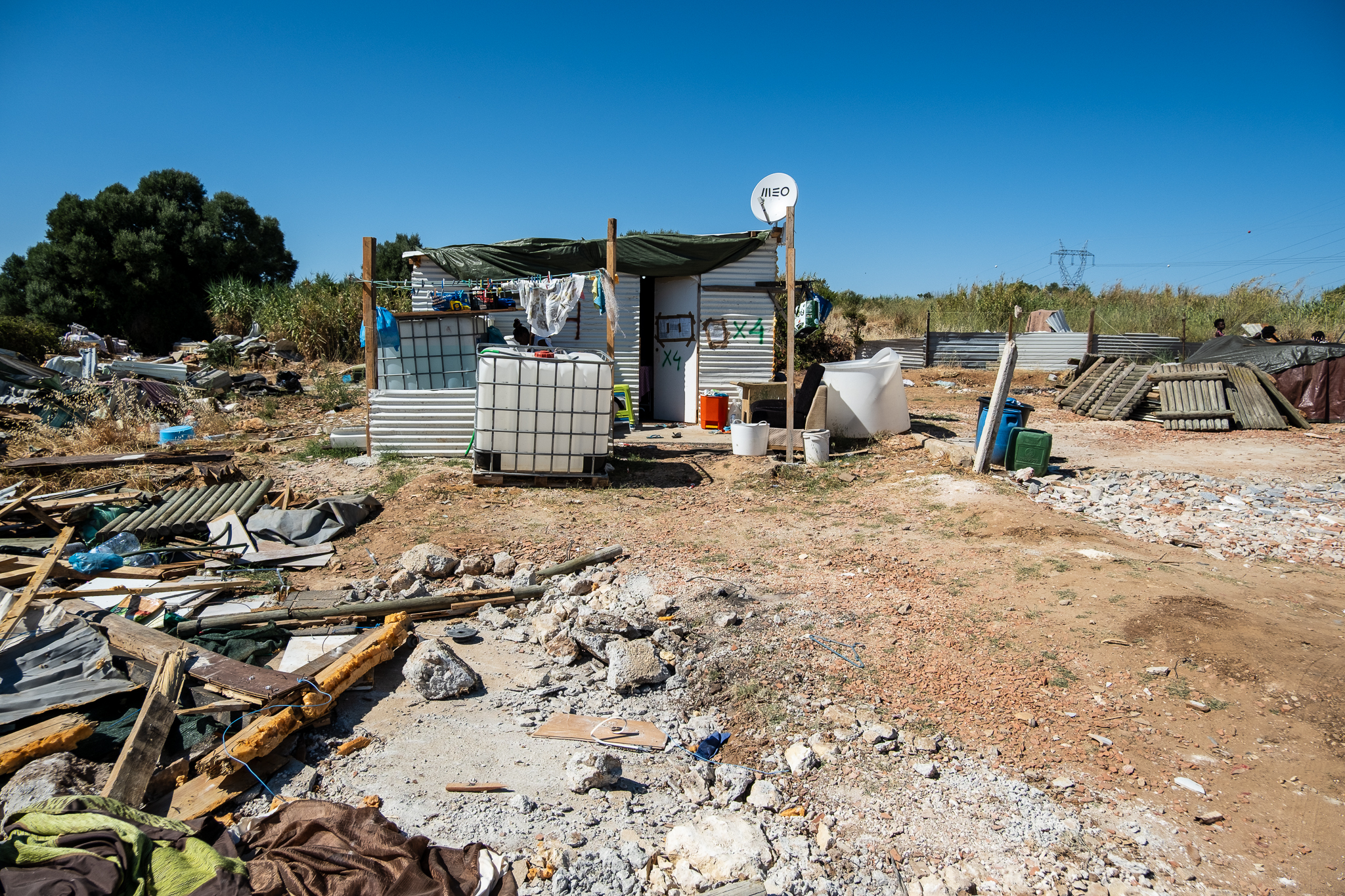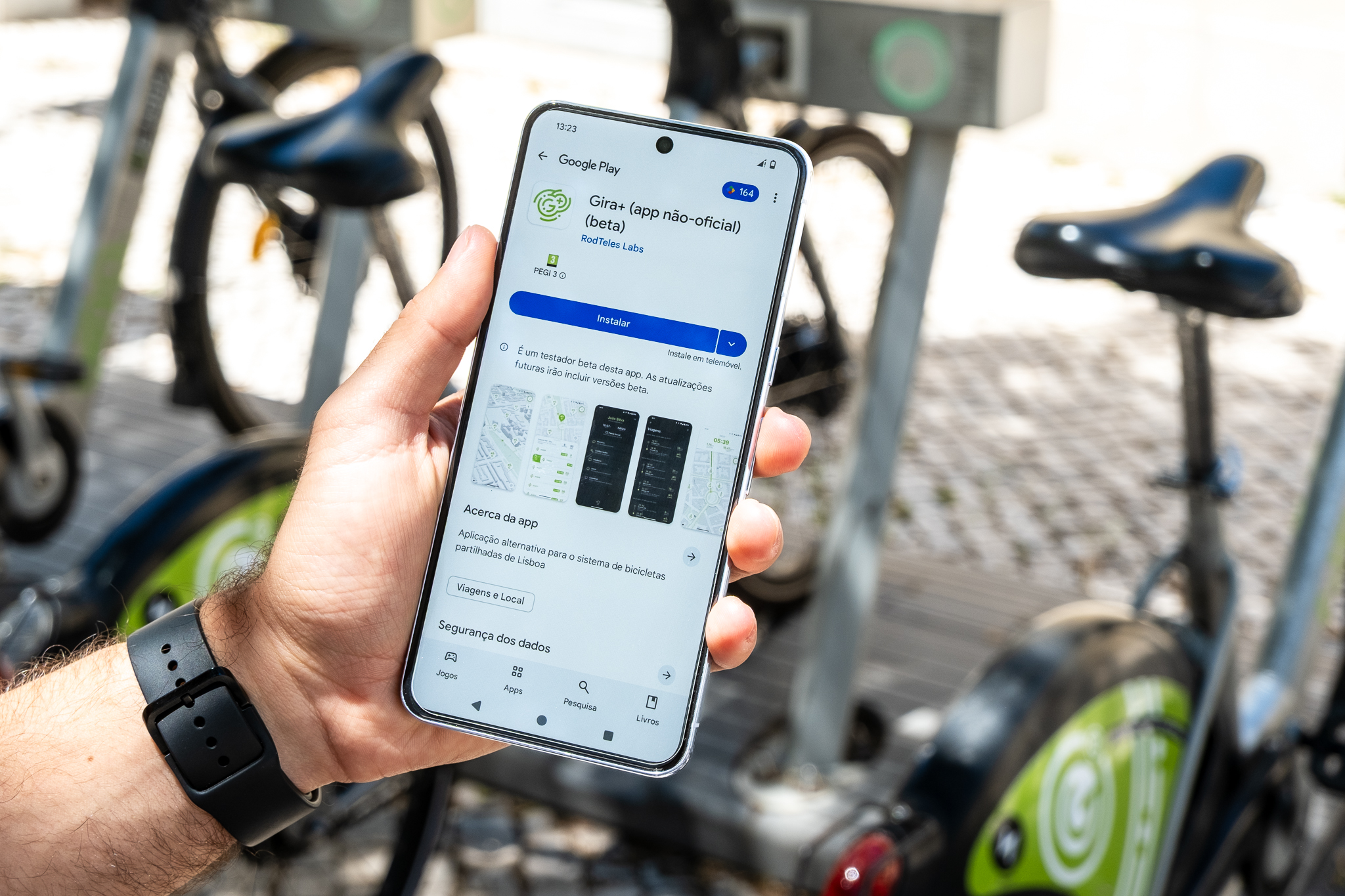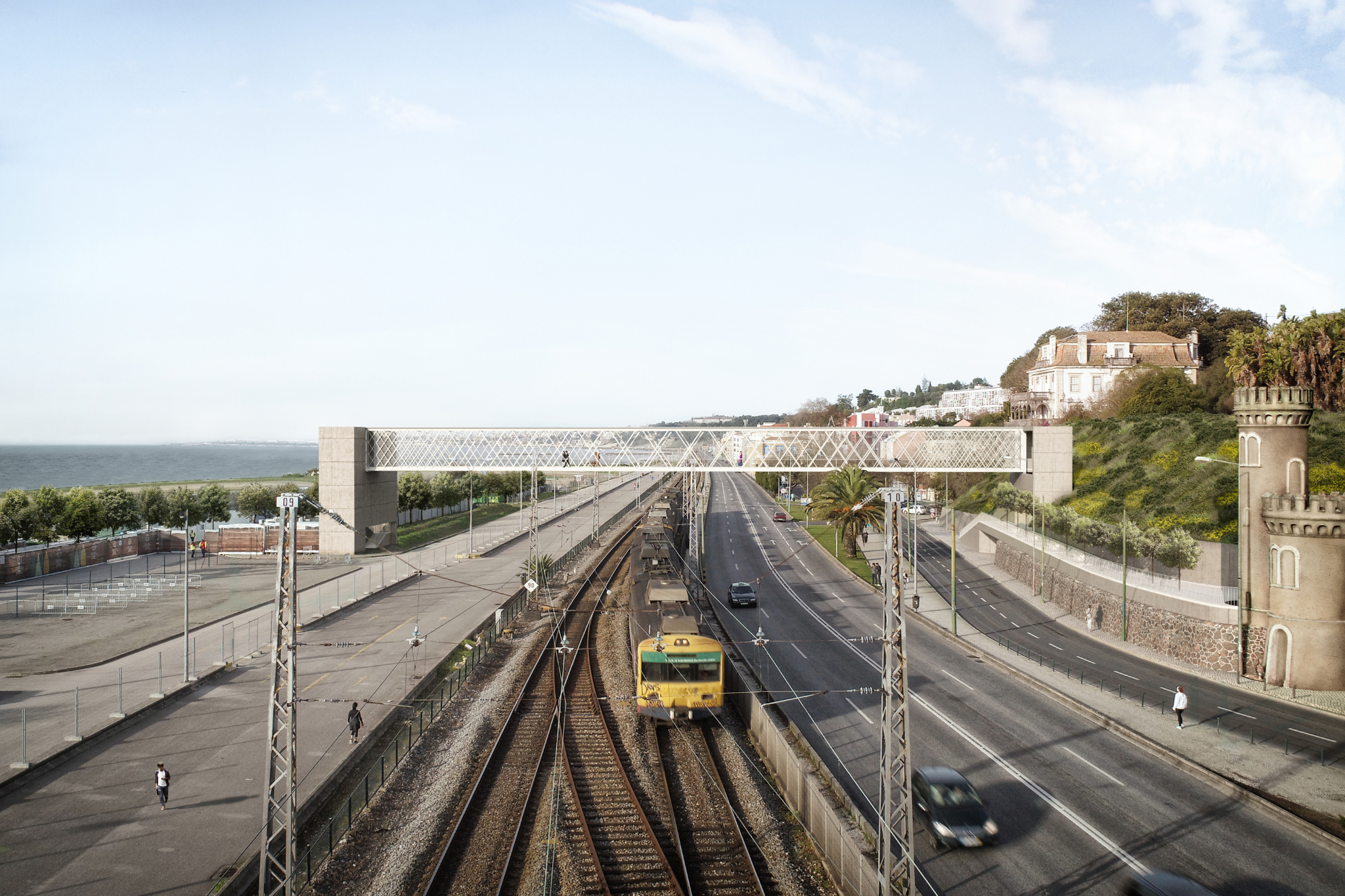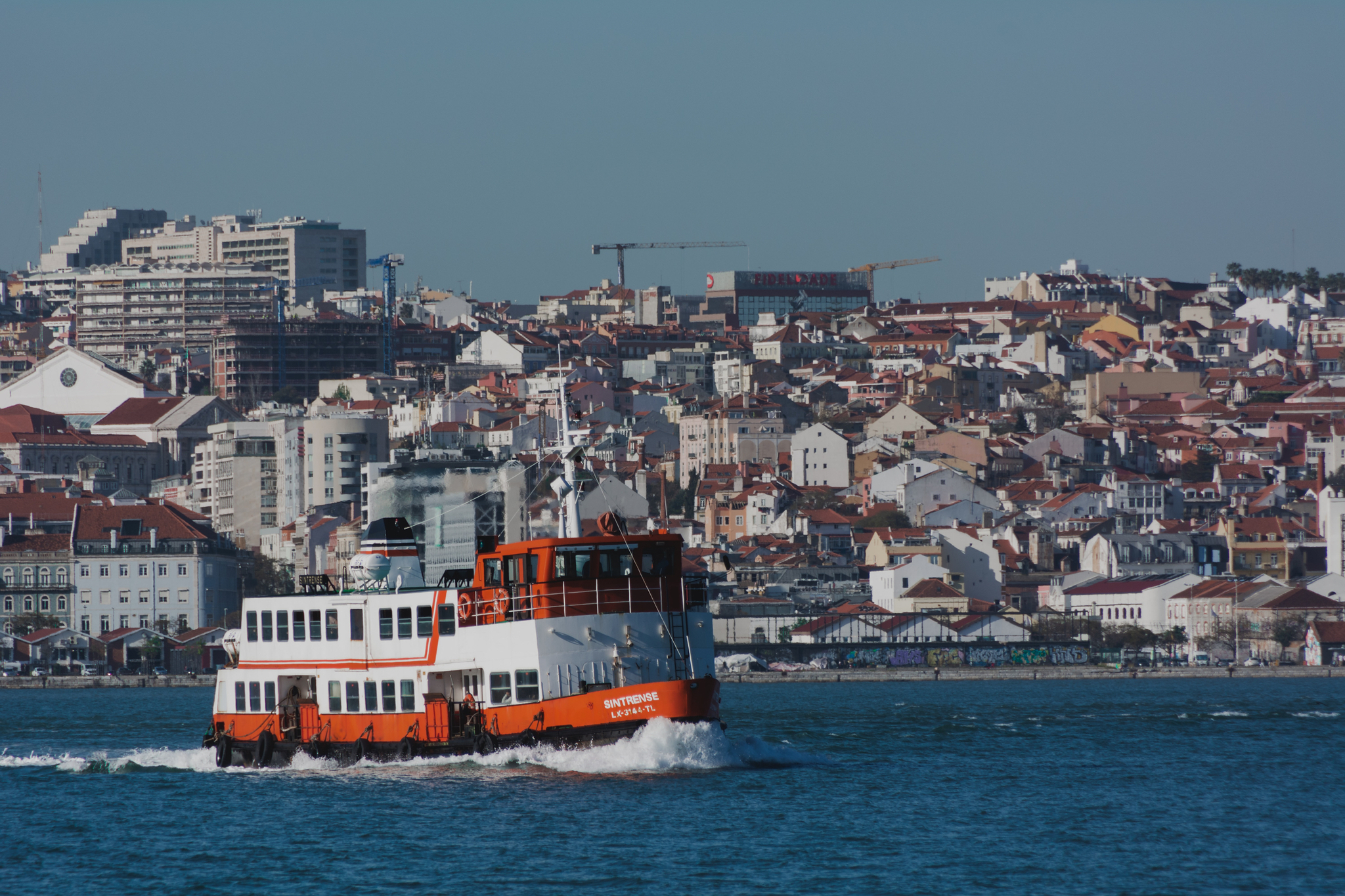
Starting in April 2022, 10 electric boats will reinforce the river transportation offer in the Lisbon Metropolitan Area, replacing the old diesel-powered ships. The contract between Transtejo and the Asturian shipyard Gondán, winner of the tender to build 10 ships, was signed on January 29, according to the Minister for the Environment and Climate Action, João Pedro Matos Fernandes, at a parliamentary hearing.
"Despite the delays caused by a competitor's challenge, the court dismissed the complaint and the contract can now be signed. We just need the approval of the Court of Auditors for the order to go ahead. We expect that, despite the delay caused by this action, the first ships will be delivered in April 2022"he commented, quoted by ECO. Austrian company Gondán won the international public tender launched in February 2020 for a total value of 52.4 million euros.
In a statement, Transtejo explains that the court "recognized the public interest of the award of electric ships by Transtejo, lifting the suspensive effect of the judicial challenge filed by Estaleiros Navais de Peniche, in mid-December 2020". The operator says that the investment in a fleet of electric ships is in line with the national strategy for decarbonization - in 2019, diesel consumption was around 5.3 million liters, corresponding to the emission of 13.1 thousand tons of CO2.
"The 10 electric-powered vessels will be specifically designed for Transtejo's operational needs, i.e. they will be the result of a specific implementation project"reads the press release. "In fact, this has been the rule for all TTSL ships, from the Cacilheiros built according to a specific project for Transtejo in the 1970s, through the Damen fleet that operates daily on the Barreiro river link, to the last two ferries also built according to a specific project by the Navalria Shipyards/Martifer Group less than 10 years ago."
The idea to replace the old diesel-powered ferries on the Tagus is more than five years old, having started with a first tender to build natural gas boats that ended up not going ahead. Electric technology has since matured. The ships will be powered by a battery system, "based on accumulators and electric motors, with sufficient charging capacity to allow daily operation with charging at the terminals". TTSL expects to receive the first ship by the end of April 2022, three ships by the end of 2022, another four ships throughout 2023 and the remaining two ships by the end of the first quarter of 2024.
More seats in the current fleet
The eight boats that connect Lisbon and Barreiro via the Tagus will be renovated, one by one, at the TTSL group's shipyards by the end of the year, with the aim of increasing the number of seats by more than 100. The news is reported by Dinheiro Vivo, who writes that this is the operator's response to the increase in passenger numbers recorded in 2019 due to the reduction in the price of transport passes - 9.1 million users were registered in 2019 on the journey between the Barreiro and Terreiro do Paço terminals, an increase of 8.3% compared to the previous year.
Manufactured in Singapore and sailing on the Tagus since 2003, the Damen catamarans have 600 seats, but this capacity used to be "frequently hit" even with trips every five minutes during the morning and afternoon rush hours, an official TTSL source told Dinheiro Vivo. It is not possible to put more ships into operation "to ensure safe navigation"The operator has opted to increase the number of benches on each boat in a total investment of 800,000 euros, financed by the Environmental Fund. There will still be space for bicycles, wheelchairs and baby carriages.
The increase in seating was accompanied by the purchase of two more rafts, each with 51 seats, to ensure that passengers could be taken off in the event of an emergency. However, as long as the pandemic continues, TTSL ships will continue to operate at two-thirds of their total capacity.

